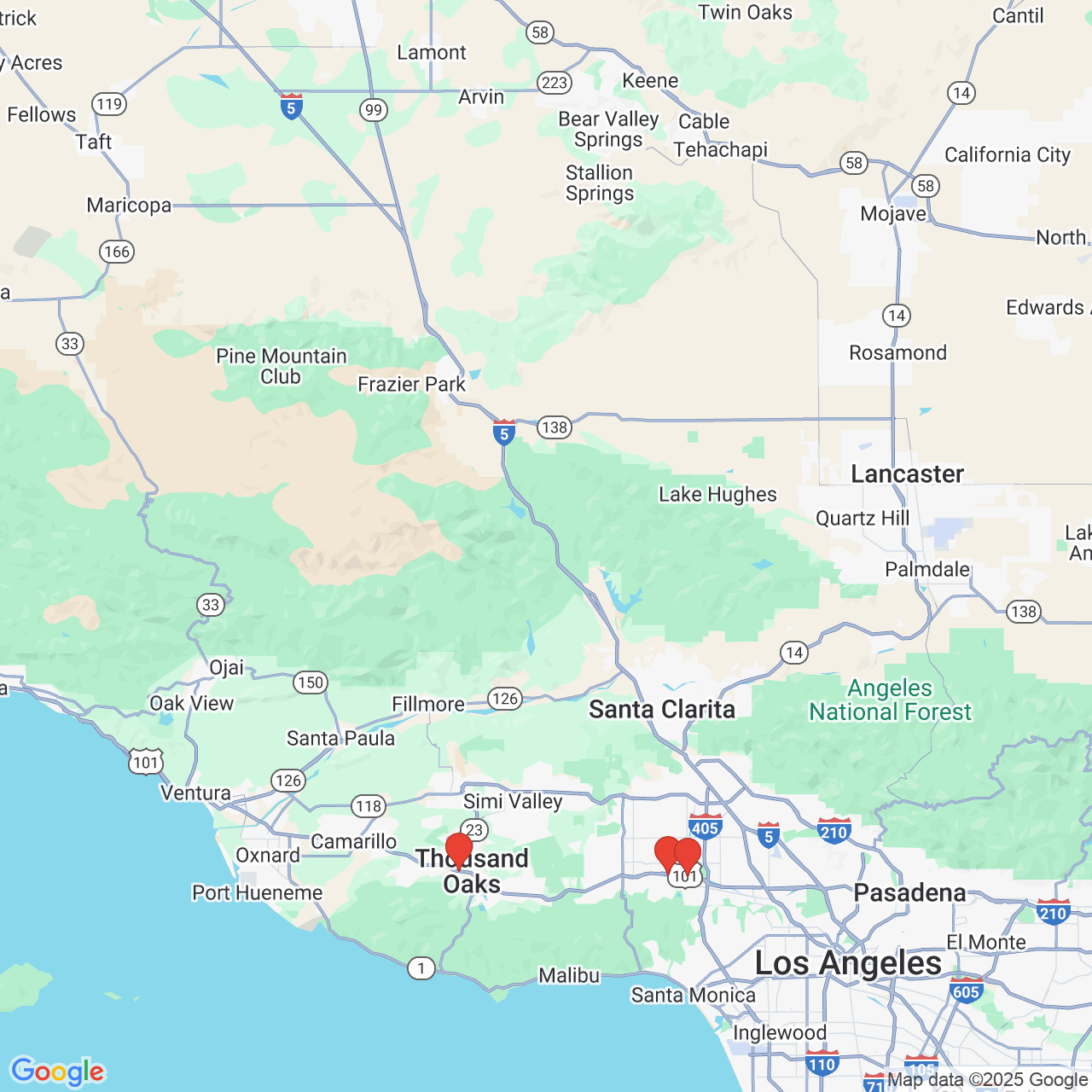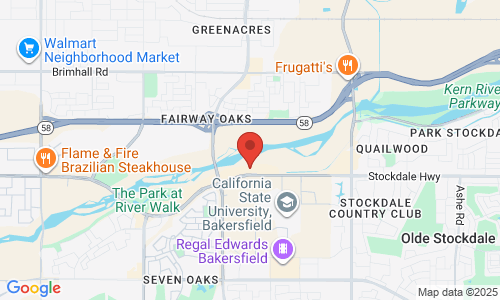Plan ahead for the Family of Your Dreams with Fertility Preservation
 Fertility preservation was originally intended for cancer patients prior to chemotherapy and / or radiation. Today, fertility preservation is also a valid option for women who delay childbearing for other medical, professional or personal reasons.
Fertility preservation was originally intended for cancer patients prior to chemotherapy and / or radiation. Today, fertility preservation is also a valid option for women who delay childbearing for other medical, professional or personal reasons.
Every year approximately 800,000 reproductive age men and women are diagnosed with cancer. Fortunately, many of these cancers can be treated and allow people to live long lives after their diagnosis. This success, however, presents a new problem. Cancer survivors want to have families but their cancer treatment may have caused significant deterioration, or complete loss of fertility. The deleterious effects depend on multiple factors such as the patient's age, dose and the type of the chemotherapic agent or radiation used, as well as the individual susceptibility to any given treatment. Planning fertility preservation treatments in advance can protect or preserve sperm, eggs or embryos for future use.
Our center offers the following fertility preservation options, including:
- Sperm freezing and banking.
- Embryo freezing and banking.
- Oocyte freezing and banking.
Livestrong Fertility Network
We work with Livestrong Fertility Network, who assists cancer patients in need of fertility treatment and fertility preservation services.

Helping Patients with Cancer
1. Sperm freezing: Sperm freezing is a well established procedure. The sperm can be stored for years and used later for intrauterine insemination (IUI) or Intracytoplasmic Sperm Injection (ICSI). For men undergoing chemotherapy, radiation or surgical castration, we recommend collection of multiple samples prior to the initiation of therapy. The semen sample is then tested for quality and stored in a sperm bank for future use.
2. Embryo freezing: Embryo freezing is frequently used in "regular" IVF for any "left over" embryos that are not transferred to the mother. Embryo freezing has successfully been performed since the 1980s. Thousands of babies have been born using this technology and there is a large body of health data confirming its safety. Embryos can be frozen in different stages of development using various freezing techniques such as "slow" or "rapid" freeze. The survival of the embryos after the freezing / thawing process is very high, making embryo freezing an excellent option for fertility preservation.
3. Egg Freezing: Egg freezing also known as "oocyte cryopreservation" is an option for patients without a partner who do not want to use donated sperm. For many years it was possible to freeze and preserve sperm and embryos, but the preservation of eggs was difficult due to the sensitivity of the egg to the freezing/thawing process. Recent improvements in oocyte cryopreservation , particularly the use of a special freezing methodology called "vitrification" has resulted in high success. The first step in egg freezing involves stimulating the ovaries to produce multiple eggs. Once the eggs are mature, ovulation is induced with an injection of Human Chorionic Gonadotropin ( HCG) known as the "trigger shot". Eggs are then retrieved by ultrasound-guided-needle aspiration, a procedure done under anesthesia. The eggs are then frozen and stored for future use.
4. Ovarian Tissue Freezing: Ovarian tissue freezing is yet another technique available for fertility preservation. The advantages of ovarian tissue freezing include that the patient does not need to have a partner. Also, the tissue can be obtained quickly and therefore the process does not delay cancer treatment. Lastly, the treatment does not require hormone medication, which in some cancers could potentially be dangerous. This process is still considered experimental and therefore is conducted under institutional review board supervision.
When a person is diagnosed with cancer, many life altering decisions must be made in a short period. Depending on your clinical situation and oncologist's opinion, we are able to provide emergent fertility preservation when time is of the essence.
For more information on fertility preservation please contact our offices at (818) 881-9800






